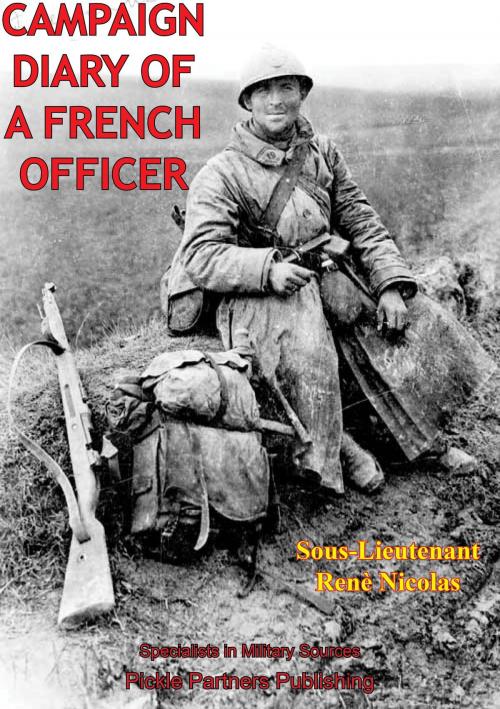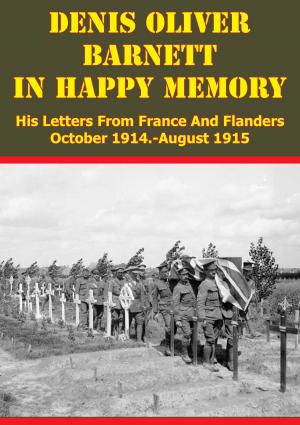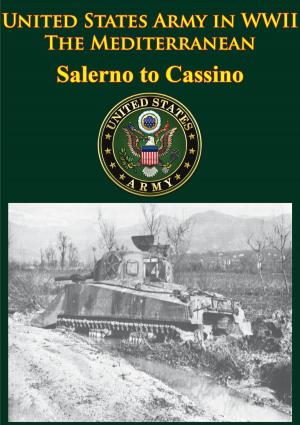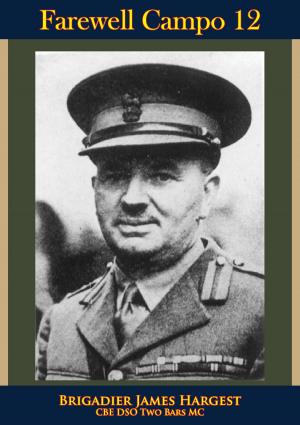| Author: | Lieutenant Nicolas René | ISBN: | 9781782893073 |
| Publisher: | Lucknow Books | Publication: | August 15, 2014 |
| Imprint: | Lucknow Books | Language: | English |
| Author: | Lieutenant Nicolas René |
| ISBN: | 9781782893073 |
| Publisher: | Lucknow Books |
| Publication: | August 15, 2014 |
| Imprint: | Lucknow Books |
| Language: | English |
“A CAMPAIGN DIARY, do you say, Reader? If the original were before you, you would not find it, like these printed pages, clean and whole. On it are the marks of war - bloodstains and smears of mud, and, from cover to cover, a hole made by a tiny piece of steel. These you may not see, but for the rest no change has been made. The author is presenting to you his notes just as he set them down at the front. The facts are true, though the form is brief, almost impersonal, and entirely without the literary flourishes that it would have been so easy to add après coup.
“He is very young, this French officer. When the war broke out he was still at the university, a member of that inner circle of the École Normale Supérieure, where he was completing his studies in literature. After the mobilization, he qualified rapidly for an officer’s commission and started for the front. His first months there were spent in the mud and desolation of that barren plain known as la Champagne Pouilleuse. They were months made difficult by frequent skirmishes with the Boches, and by a constant struggle with that other and more relentless enemy - the mud of Champagne. In April, 1915, his regiment left the trenches, and crossed on foot, by daily stages, the great Forest of Argonne, all fragrant with the spring. We meet him again early in May before Arras, on the eve of the Artois offensive. Only the beginning of this offensive is described in the Diary. On May 9th, he fell, seriously wounded, between the French and German lines, ten yards from the enemy’s trench. He himself will describe to you that terrible day and his agonizing return to the French positions.
...If, among these pages, there are some that for a moment make you feel the horror and the thrill of war, then say to yourself, Reader, it is not one man alone who has thought these thoughts and endured these sufferings. It is the history of the youth of a whole nation.”-L. PLANTEFOL, Paris, 1917
“A CAMPAIGN DIARY, do you say, Reader? If the original were before you, you would not find it, like these printed pages, clean and whole. On it are the marks of war - bloodstains and smears of mud, and, from cover to cover, a hole made by a tiny piece of steel. These you may not see, but for the rest no change has been made. The author is presenting to you his notes just as he set them down at the front. The facts are true, though the form is brief, almost impersonal, and entirely without the literary flourishes that it would have been so easy to add après coup.
“He is very young, this French officer. When the war broke out he was still at the university, a member of that inner circle of the École Normale Supérieure, where he was completing his studies in literature. After the mobilization, he qualified rapidly for an officer’s commission and started for the front. His first months there were spent in the mud and desolation of that barren plain known as la Champagne Pouilleuse. They were months made difficult by frequent skirmishes with the Boches, and by a constant struggle with that other and more relentless enemy - the mud of Champagne. In April, 1915, his regiment left the trenches, and crossed on foot, by daily stages, the great Forest of Argonne, all fragrant with the spring. We meet him again early in May before Arras, on the eve of the Artois offensive. Only the beginning of this offensive is described in the Diary. On May 9th, he fell, seriously wounded, between the French and German lines, ten yards from the enemy’s trench. He himself will describe to you that terrible day and his agonizing return to the French positions.
...If, among these pages, there are some that for a moment make you feel the horror and the thrill of war, then say to yourself, Reader, it is not one man alone who has thought these thoughts and endured these sufferings. It is the history of the youth of a whole nation.”-L. PLANTEFOL, Paris, 1917







![Cover of the book The Dynamics Of Doctrine: The Changes In German Tactical Doctrine During The First World War [Illustrated Edition] by Lieutenant Nicolas René](https://www.kuoky.com/images/2015/november/300x300/9781786250193-hbLT_300x.jpg)







